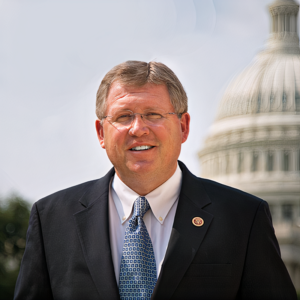
A proposed rule requiring federal contractors to disclose their greenhouse gas (GHG) emissions and reduction targets and have them validated by an international non-governmental body could harm national security and readiness, warn Republican leaders on the House Science, Space and Technology Committee. The Republicans say “the decision to outsource the responsibility for validating emission reductions to an international organization—particularly one with a history of problematic actions, potentially in conflict with U.S. interests—is disturbing.” Public comments on the proposed rule for…

 By
By 











